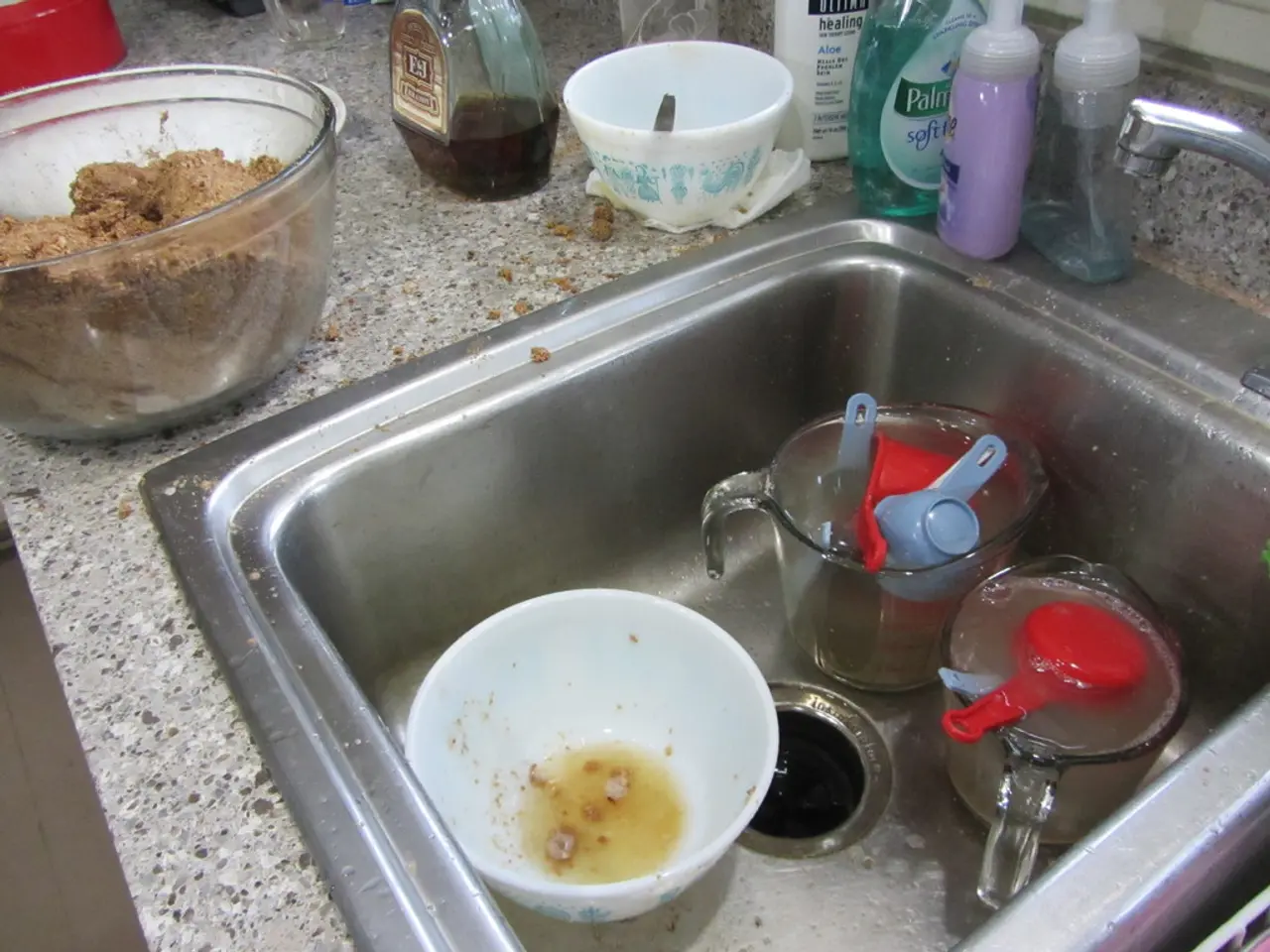Probiotic Treatment for Rheumatoid Arthritis: Key Factors to Consider
Probiotics, living bacteria found in food, supplements, and topical products, have gained popularity in recent years as research highlights their potential benefits for overall health, particularly in managing symptoms of rheumatoid arthritis (RA).
RA is an inflammatory, autoimmune disease that can induce joint swelling and may be chronic or flare and recede. People with RA often experience abdominal discomfort such as stomach upset, diarrhea, gas, and bloating when taking probiotics. However, recent studies suggest that the benefits may outweigh these side effects.
The human digestive system maintains a balance of bacteria, known as the gut microbiota. In patients with RA, this balance is disrupted, leading to gut permeability and the leakage of harmful bacteria from the digestive system into the rest of the body. This dysbiosis is linked to an imbalance in immune cells that promotes inflammation.
Probiotics may help restore balance to the digestive microbiota, regulate gut microbiota, and influence the body's immune response, reducing the swelling and pain caused by RA. Probiotic food sources include yogurt, miso, tempeh, kefir, pickled vegetables, sauerkraut, kimchi, buttermilk, and more.
Current scientific evidence supports the potential benefit of probiotics as adjuncts for modulating inflammation and immune dynamics in RA. Studies have shown that probiotic supplementation can reduce inflammatory markers such as C-reactive protein (CRP) and cytokines like TNF-α, IL-1β, and IL-6 in RA or related models.
However, clinical evidence is still emerging and not yet definitive for routine therapeutic use. Differences in study design, probiotic strains, dosages, and patient populations affect outcomes. Larger, well-controlled randomized trials are needed to confirm efficacy and clarify mechanisms.
Some studies suggest that treatment with specific probiotics (Bacillus coagulans, Lactobacillus casei, or L. rhamnosus GR-1 and L. reuteri RC-14) may lead to improvements in RA symptoms such as self-assessed pain, disability, swollen joint counts, and lab results.
It is important to note that probiotics are not the same as prebiotics, which are high fiber foods that feed the friendly bacteria in the digestive system. Individuals with a weakened immune system, children, people undergoing chemotherapy, older individuals, and those with implanted ports should consult a healthcare professional before adding probiotics to their routine.
When looking for probiotic supplements, the number of colony-forming units (CFU) should be at least 1 billion or 1 x 10. Synbiotics are combinations of prebiotics and probiotics.
In summary, while the evidence for probiotics in managing RA is promising, further well-designed clinical studies are necessary to establish optimal strains, doses, and treatment duration for meaningful symptom management in RA patients.
- In patients with rheumatoid arthritis (RA), the disrupted balance in their digestive system, known as gut microbiota, is linked to an imbalance in immune cells that promotes inflammation.
- Probiotics, which are living bacteria found in food, supplements, and topical products, may help restore balance to the digestive microbiota in RA patients.
- Probiotic supplementation can potentially reduce inflammatory markers such as C-reactive protein (CRP) and cytokines like TNF-α, IL-1β, and IL-6 in RA or related models, suggesting benefits for managing symptoms of RA.
- Treatment with specific probiotics like Bacillus coagulans, Lactobacillus casei, or L. rhamnosus GR-1 and L. reuteri RC-14 may lead to improvements in RA symptoms such as self-assessed pain, disability, swollen joint counts, and lab results.
- It is crucial to consult a healthcare professional before adding probiotics to one's routine, especially for individuals with a weakened immune system, children, people undergoing chemotherapy, older individuals, and those with implanted ports.




